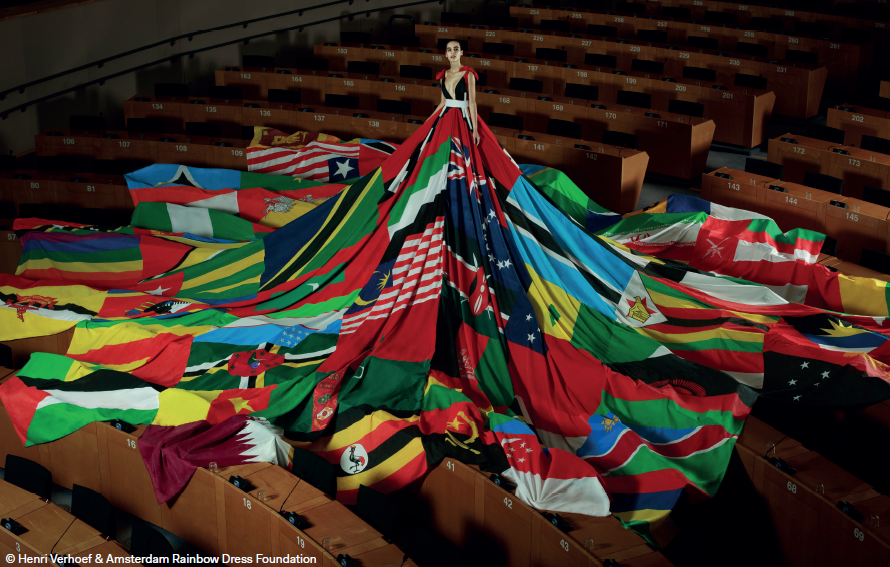In all regions of the world, Lesbian, Gay, Bisexual, Transgender and Intersex (LGBTI) persons are subject to discrimination, persecution, violence, and other forms of human rights violations. Monitoring the extent of such human rights abuses is key to identify root causes, gaps in implementation, and avenues for redress. In this light, and bearing in mind that it is important to acknowledge the context-specific nature of each country, the MOOC provides an overview of human rights standards, mechanisms and practices for the
protection of LGBTI persons around the world.
THE PROGRAMME
The course is articulated in three modules:
Module 1 focuses on international definitions and legal frameworks concerning the human rights of LGBTI persons and related monitoring mechanisms. Theoretical aspects are accompanied by examples of concrete challenges and practices in order to generally frame and contextualise the international discourse.
Module 2 is dedicated to specific contexts and challenges in the areas of societal attitudes, equality and nondiscrimination, laws and policies (including decriminalisation), specific rights and freedoms. Analysis from different regions provides an overview of the many situations faced by LGBTI persons worldwide.
Module 3 deals with the monitoring in practice of LGBTI rights in terms of specific actions, strategies and practices: reporting, strategic litigation, advocacy strategies, and synergies (between international and regional systems; among governmental, inter-governmental and non-governmental actors).
LECTURERS AND EXPERTS
The course is coordinated by the KU Leuven, one of the 41 universities members of the European Master’s Programme in Human Rights and Democratisation (EMA/GC Europe) and is taught by academics and experts drawn from a cross-section of constituencies. The faculty includes, among others: Victor Madrigal-Borloz, UN Independent Expert on Violence and Discrimination Based on Sexual Orientation and Gender Identity; Frans Viljoen, University of Pretoria; Carlos Zelada, Universidad del Pacífico; Douglas Sanders,
Mahidol University; Marta Ramos, ILGA Portugal; Goran Miletic, Civil Rights Defenders; Tarek Zeidan, Helem; Mamikon Hovsepyan, Pink Armenia.
HOW TO ENROL
Free enrolment: 28 January – 17 March 2019
The MOOC is free and open to participants around the world who are actively interested and engaged in LGBTI work at different levels and wish to deepen their knowledge about relevant human rights legal frameworks, monitoring mechanisms, and strategies. The MOOC is funded by the European Commission and is offered in cooperation with Open EdX, one of the leading providers of open online learning for everyone everywhere.
For more information, contact the programme at e-learning(at)eiuc.org or visit www.eiuc.org/mooc-lgbti
